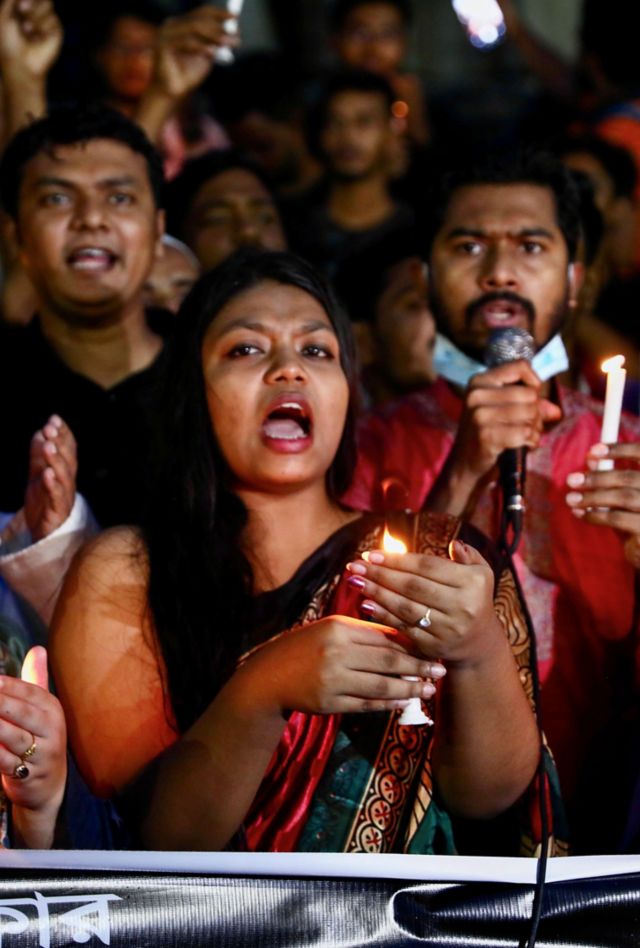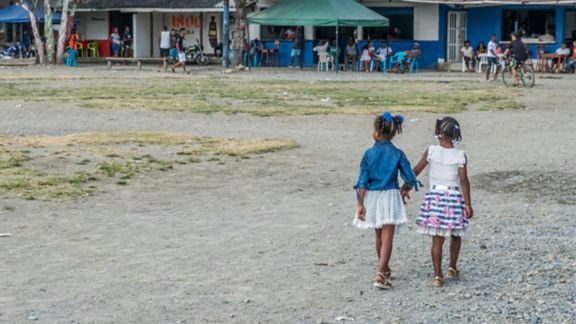Road to Tolerance Bangladesh Impact Evaluation

NORC was commissioned to design an impact evaluation of the Obirodh: Road to Tolerance, Bangladesh program. The assessment is part of the U.S. Agency for International Development (USAID) Democracy Human Rights and Governance: Learning, Evaluation, and Research (DRG-LER) activity.
The Bangladesh program’s objectives were to produce a better understanding of the drivers of violent extremism in Bangladesh and to test strategies for challenging such extremism. The impact evaluation was based on a theory of change proposing that violent extremism flourishes in social environments that are permissive of it and can be mitigated by encouraging the society in which it would otherwise grow to become inhospitable and hostile to it. The study was intended to further inform and specify this theory of change, allowing for clearer hypotheses about strategies that may be effective in inspiring individuals to counter violent extremist rhetoric. The impact evaluation design was based on the preliminary concepts developed at the 2017 DRG IE Learning Clinic.
Violent extremism in Bangladesh has increased noticeably in recent years, threatening development goals and political stability in the country. The reasons for which any given individual radicalizes and participates in acts of violence are complex. While the process of radicalization itself is now fairly well understood, programs that attempt to target at-risk individuals based on predictive factors face the proverbial needle-in-the-haystack problem. A more effective strategy would be to change the permissive social milieus–the “climates of conflict”–in which violent extremism is tolerated and allowed to grow. NORC proposed a counter-violence extremism (CVE) intervention, the semester-long Youth Social Leadership Program, that targets university students and focuses on training and building community resilience among those who may detect and deter at-risk individuals from going on to participate in violent extremism.
To measure the efficacy of the Youth Social Leadership Program in creating “agents of tolerance” outside of a classroom setting, NORC proposed the use of ongoing short “critical thinking assignments” given to program participants at five universities. Following completion of the training course and all assignments, each subject was given an endline survey including questions about violent extremism. Students' assignment contents were then analyzed both objectively and subjectively. A total of 1,200 university students were divided across three treatments that differ in the content of the curriculum.
This impact evaluation's innovative intervention is the first secondary prevention CVE program implemented as a randomized placebo-controlled trial, and one of the first CVE programs of its kind implemented in a non-Western context.








